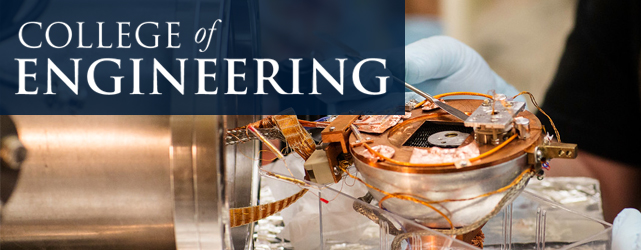Document Type
Conference Paper
Journal/Book Title/Conference
ASEE Annual Conference and Exposition
Volume
122
Issue
122
Publisher
American Society for Engineering Education
Publication Date
6-14-2015
Abstract
As calls for pedagogical transformation of undergraduate science, technology, engineering, and mathematics (STEM) instruction intensify, the pace of change remains slow. The literature shows that research-based instructional strategies transfer only sporadically into STEM instructional practice. Difficulties associated with implementation and sustainment of instructional change may appear daunting— if not insurmountable—to many STEM change agents and teaching faculty. Subsequently, the path towards systematic and lasting pedagogical transformation in post-secondary STEM stands largely uncharted.
To understand how challenges faced by STEM educators engaged in pedagogical change may be overcome, this paper uses qualitative inquiry to explore an emergent process of teacher change. The change process took place during implementation of an online innovation within an undergraduate engineering calculus course taught via synchronous broadcast at a mid-size, Western, public university. The instructional innovation required first year calculus students to participate in an asynchronous, online discussion forum for graded credit. Data, consisting of written reflections and transcribed interviews, were gathered from three STEM faculty members who each played a different role in the change process: a mathematics instructor implementing the online forum within his course; an engineering faculty peer-mentor assisting with the implementation of the online forum; and a STEM education faculty member evaluating the implementation and observing the process of change. Situated within the interpretive research paradigm, this study uses exploratory thematic analysis of narrative data to understand the ways in which contextual factors may influence pedagogical change.
Recommended Citation
Minichiello, A., Campbell, T., Dorward, J., Marx, S. Perspectives of pedagogical change within a broadcast STEM course (2015) ASEE Annual Conference and Exposition, Conference Proceedings, 122nd ASEE Annual Conference and Exposition: Making Value for Society (122nd ASEE Annual Conference and Exposition: Making Value for Society), . http://www.scopus.com/inward/record.url?eid=2-s2.0-84941995836&partnerID=40&md5=735485eda8b91420c66ff10bffa26daf





